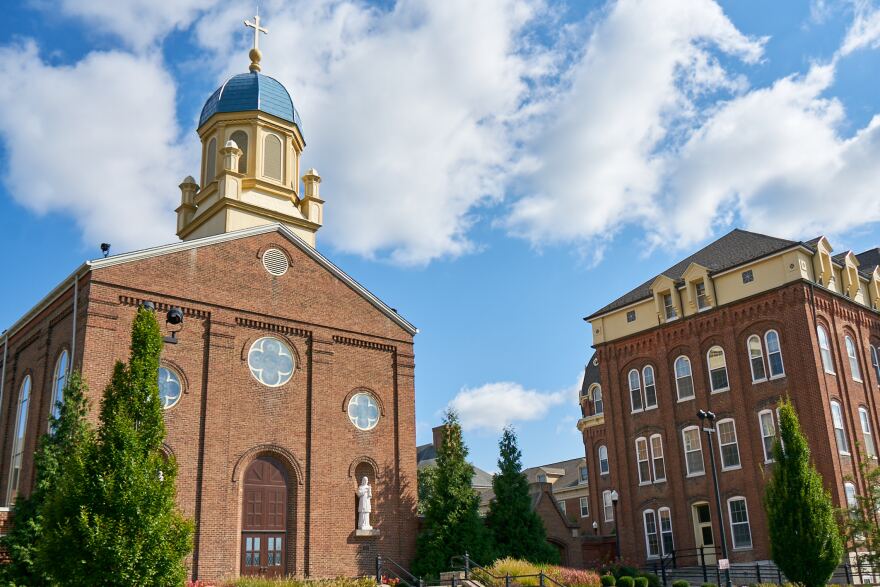The University of Dayton Greg and Annie Stevens Intelligent Infrastructure Engineering Lab has received a $850,000 grant from the National Science Foundation to create an artificial intelligence training program to help construction workers identify workplace hazards and avoid accidents.
Namgyun Kim, an assistant professor of civil and environmental engineering at the University of Dayton, is leading this project. He explains that current safety training isn’t as effective as it could be because it is taught in a classroom style.
“Our research focuses on addressing that limitation by using augmented reality technology and making the safety training content as closely associated with workers worksite and real-world job site environment.”
Kim hopes this training style will help workers who are hands-on learners.
The project will be split into two phases. The first phase will develop the technology and train construction workers how to use it.
“Before they start work, every day they will take a picture. And then, our computer vision-based AI will detect what kind of workplace hazards there are. And then, the augmented reality system will demonstrate possible accidents associated with that detected hazard,” Kim said.
The second phase will involve testing the impact of this training on actual construction sites. The team of researchers will work with construction companies in Dayton, Ohio and Las Vegas, Nevada for this phase. The researchers will watch if trainees recognize hazards in their workplace and change their behavior to avoid accidents.
Kim will work with Vijayan Asari, the director of the School of Engineering’s Vision Lab, and JungHo Jeon, an assistant professor, at the University of Dayton. Asari specializes in artificial intelligence and Jeon specializes in cognitive responses to construction hazards.
Researchers at Texas A&M University and the University of Nevada, Las Vegas will work with Kim’s team on the project. They will share $300,000 of the grant for their contribution. Professional computer scientists and psychologists will also collaborate with the researchers.
“Our ultimate goal is saving at least one life by preventing any fatal accident at a construction site,” Kim said.

